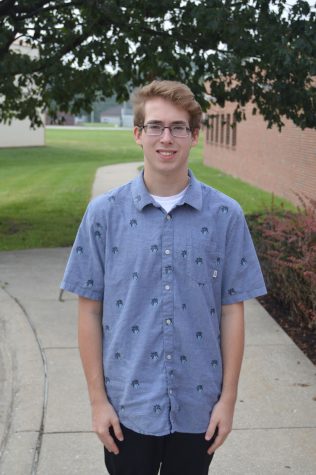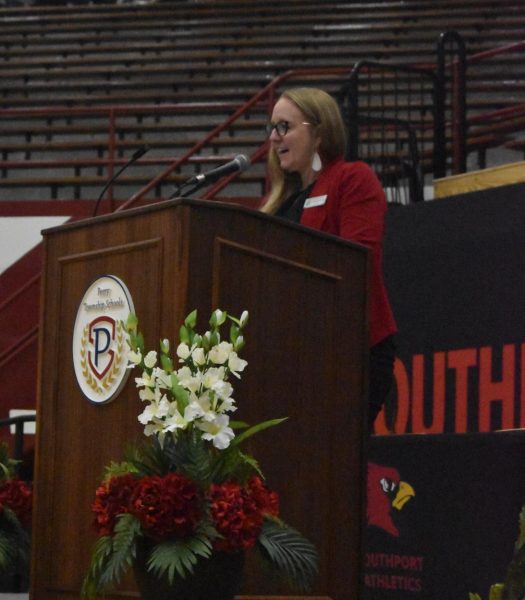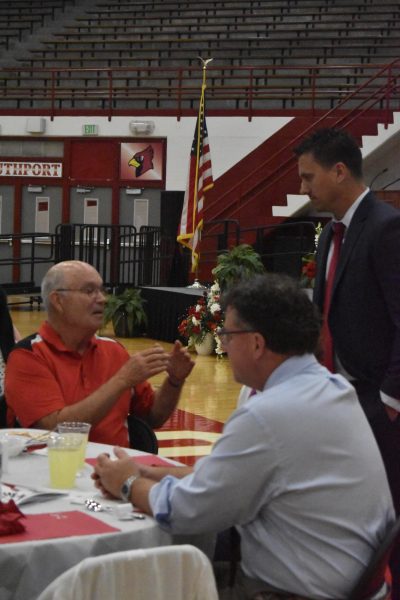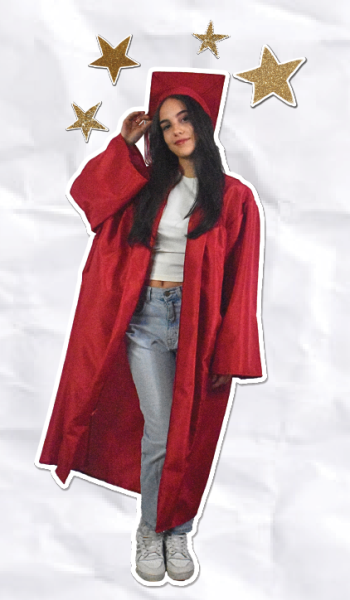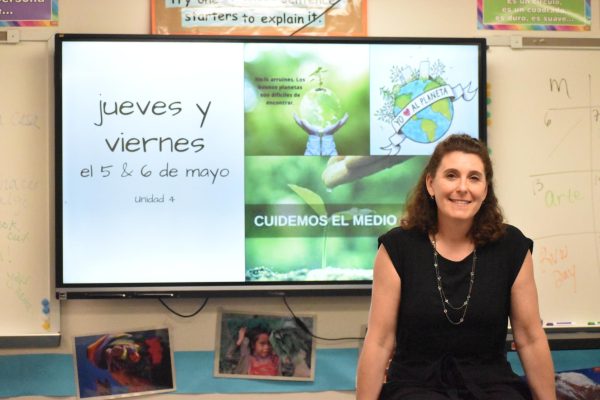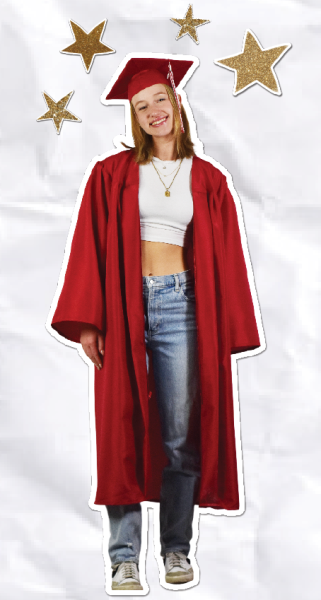Is #BlackLivesMatter helping?
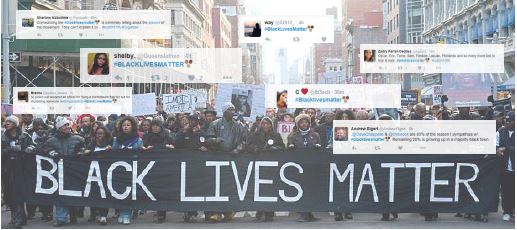
Tweets supporting #BlackLivesMatter scatter over a picture of one of the movement’s protests. It was started to rally against police brutality against black Americans.
November 17, 2016
In 2012, black teenager Trayvon Martin was shot and killed in the state of Florida. His death caused outrage amongst countless Americans, sparking protest movements all across the country, including senior Emma Cooper, who took the situation to heart, following the case all the way up through its final decision. They say this experience not only helped shape their views on social issues, but also moved them to align themselves towards the views of the Black Lives Matter movement.
“It opened my eyes to what was going on,” Cooper said.
In light of recent incidences similar to this, movements such as BLM have gained traction and influence all over the country. Some students feel the movement is working towards ending injustice, while others feel it is not objectively solving problems.
After the deaths of Trayvon Martin and Michael Brown, Cooper began to support the movement and has not lost support as other instances of unarmed black men losing their lives to police have arisen.
Even though they are white, Cooper still feels a sense of responsibility to support BLM, believing injustice is still present in society. They say they still feel the need to fight for the cause.
“It’s my duty as a human being to support people of color that don’t really get treated fairly,” Cooper said.
Since first showing support for the movement, Cooper has been vocal both on the Internet and by writing letters to members of Congress and the Senate of Indiana. Their goal is to raise awareness about issues concerning BLM, as well as help others understand what the movement is about.
“I try to do everything I can from my place in the country,” Cooper said. “It’s a slow process.”
As for the movement’s ideas, Cooper says they strongly agree with the group’s feelings against police brutality, as well as the idea that people of color are treated unfairly in today’s society. While she doesn’t completely agree with violent protests, she says that overall BLM has been effective in pushing the issues faced by people of color into the mainstream.
“I don’t condone violence…, (but) you have to understand that oppressed people are willing to do what it takes (to fight injustice),” Cooper said.
Junior Seejay Patel agrees with the movement’s stance on injustice, but says he doesn’t see any violent protesting as being effective. He likes that the movement is getting people to think more about racial issues in society, but doesn’t think that violence is a positive response to what’s happening.
“The way that a lot of protesters are reacting violently to this movement isn’t really helping the overall concept,” Patel said.
Junior Jake Hemphill believes that BLM generalizes police brutality to all police officers, something that he thinks is untrue. He has two relatives who are members of the force, and says that neither of them have negative feelings towards people of color.
“There’s a lot of racist (police officers) out there,” Hemphill said. “That’s not all (police officers).”
While he may not completely support the movement’s methods, Hemphill does agree with Cooper and Patel that people of color do not deserve some of the negative treatment they receive, and should stand up for what they believe in.


